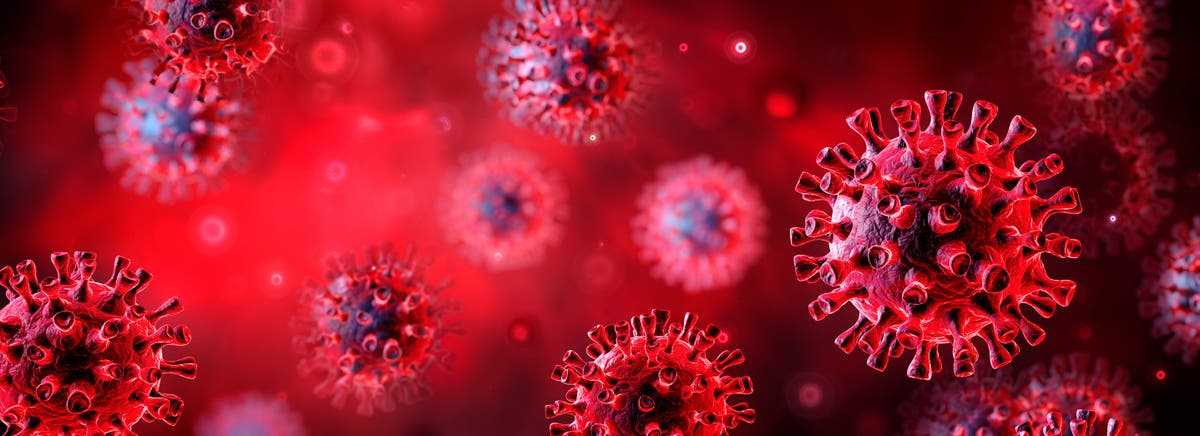People falling sick like dominoes may not just be down to the brutally cold snap this December.
A new descendant of Omicron has been spotted as there are 97,904 new symptomatic cases of Covid-19 in the UK as of 6 December, according to ZOE Health Study.
JN.1, a sub-lineage of Omicron, has been sub-categorised by the UK Health Security Agency (UKHSA) because of its mutation and “increasing prevalence within the UK and international data”.
Head of primary care and public health at Imperial College London, Prof Azeem Majeed, said JN.1 “appears to be the fastest growing variant in the UK at the moment”.
What is JN.1?
JN.1 is a sub-lineage of the BA.2.86 Omicron variant.
It has one mutation in its spike protein (which dictates how easily it can infect our cells) compared to BA.2.86 but there are also several other mutations elsewhere.
According to the latest data from UKHSA, it is the fastest growing variant with a weekly growth rate of 84.2 per cent, followed by
The World Health Organisation (WHO) is currently monitoring the variant, but it has not yet been designated as a Variant of Concern (VOC).
A new descendant of Omicron has been detected in the UK
(PA Archive)
Where has JN.1 been detected?
JN.1 was first detected in Luxembourg in August. It has since been spotted in 12 countries including the UK and US.
It was first raised as a signal in monitoring in the UK on 27 October 2023 as part of routine horizon scanning.
As of 4 December, there have been 302 sequenced JN.1 cases in the UK- 223 were from England. There have been 3,618 cases globally on GISAID, including UK sequences.
According to UKHSA, in the period between 20 to 26 November, 34.4 per cent of variants were classified as BA.2.86.
What are the symptoms?
The symptoms of an infection with JN.1 “are likely to be similar as those for other variants,” Prof Majeed said.
Dr Nighat Arif told ITV’s This morning: “Symptoms can usually be self-treated but if you develop more severe symptoms such as shortness of breath, you should seem medical advice,” he added.
She said: “So with the new variant, the Pirola variant, we know that not only do you get temperature, runny nose, a headache, we still have that loss of sense of smell, but you might actually get diarrhoea with it. Stomach cramps can also appear with the Pirola strain.”
Is it more infectious than other Covid variants?
Professor Sheena Cruickshank, immunologist at the University of Manchester, said the spike protein mutation means JN.1 could take longer to recover from, or could cause more serious disease.
She told Sky News: “One of the mutations JN.1 seems to have has the potential to help it better latch onto cells, making it better at infecting us.
“That coupled with immune evasion mechanisms mean it may be tricky for our immune systems to get rid of.”


